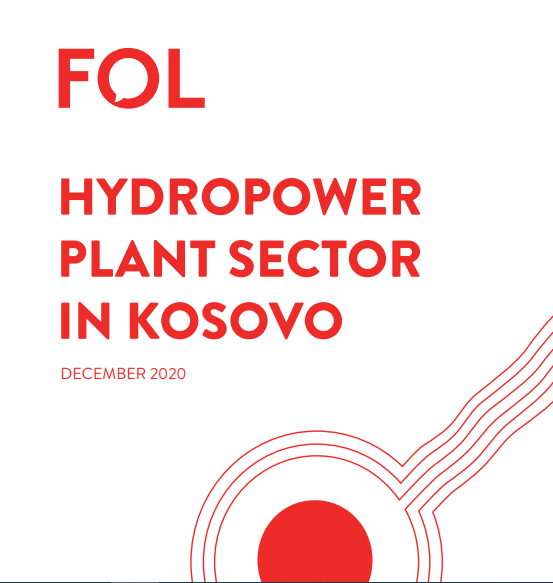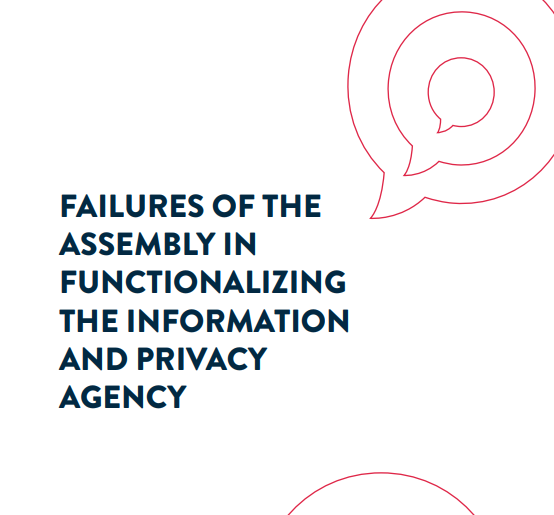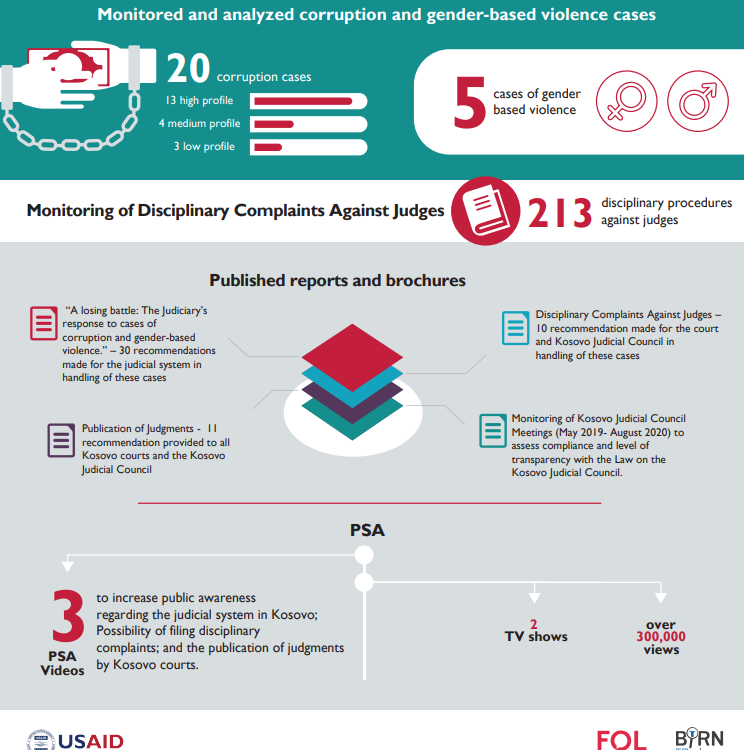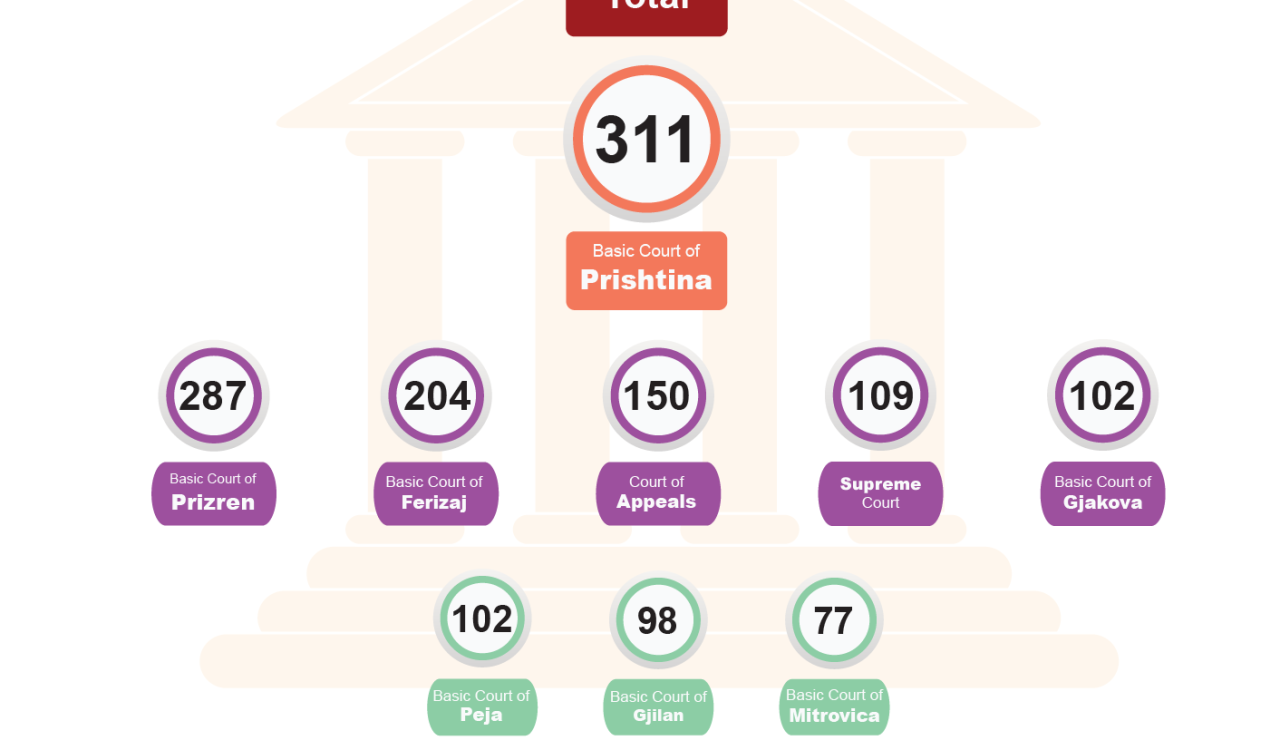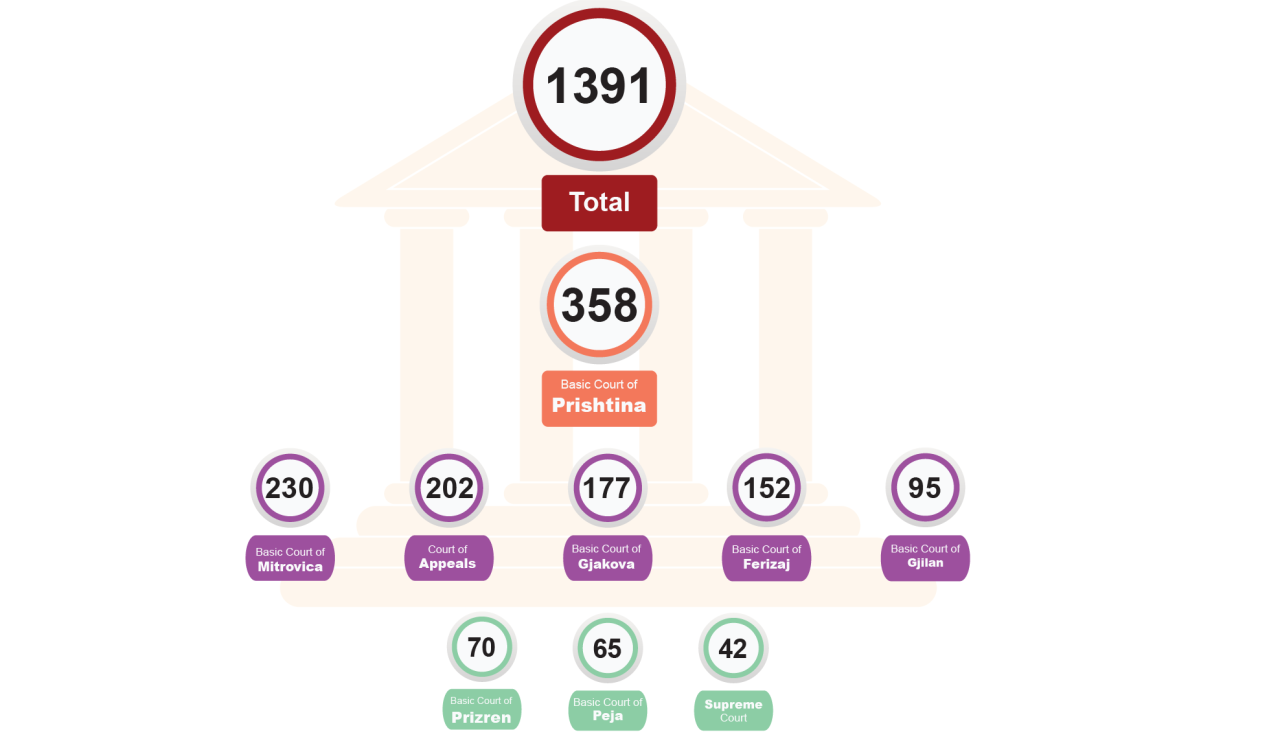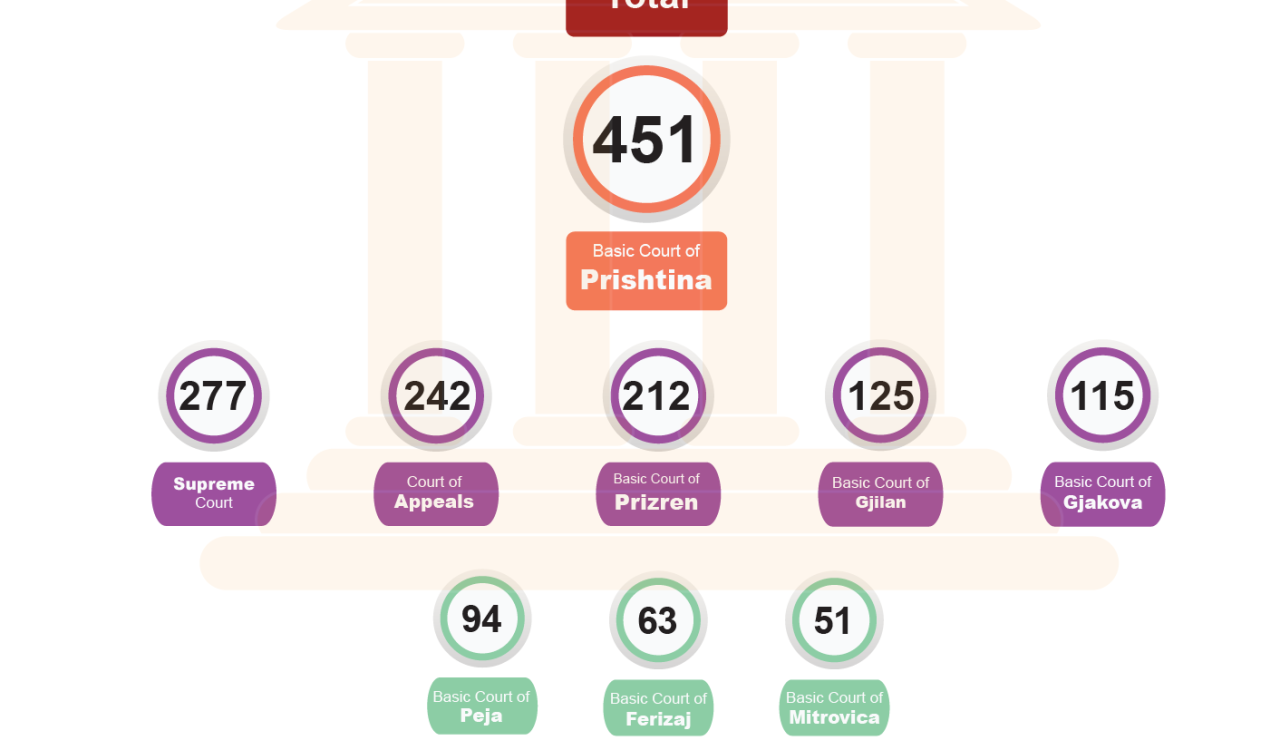The lack of political leadership for public administration reform has the responsibility of the state with millions of euros
Pristine, 30 March 2021 – FOL Movement with the support of Kosovo Foundation for Open Society (KFOS) held a conference in which case the report “Public Administration Reform in a state of stagnation” was published.
Panelists at this conference were: Luigi Brusa, Head of Cooperation Sector from the EU Office in Kosovo and Ibadete Mehmeti from the Department for Public Administration Reform in the Ministry of Internal Affairs.
Mexhide Demolli-Nimani, executive director of the FOL Movement said that since October last year FOL has monitored the implementation of the Sectoral Reform Contract for the Public Administration Reform. “The purpose of this report is to support the active engagement of civil society with the Public Administration Reform process, as well as to encourage discussion on the challenges and opportunities to move forward with public administration reforms,” she said. According to her, Kosovo started negotiations with the European Commission to benefit from Sectoral Budget Support in 2017, while in December, 2017 the Sectoral Reform Contract for Public Administration Reform (SRC for PAR) in the amount of € 25 million was ratified by Kosovo and its implementation began in 2018.
Luigi Brusa, Head of the Cooperation Sector from the EU Office said that, we have created a program in order to monitor the real implementation of the reform in general. “Our main goal is to improve the coordination of work, the quality of implementation of the reform in question, but also the creation and implementation of a more efficient regulation. “Increasing transparency and accountability is key in terms of development through this reform,” he said.
According to him, the previous governments did not do their job properly and consequently we are behind with the implementation of the Reform. “Targets are not difficult to achieve, but they require discipline in their performance by civilian staff. So far we have seen how previous governments have hired non-deserving staff, increasing nepotism and thus unfinished business, so we hope that the current government will make internal reforms, hiring deserving staff who will be retained responsible for their work, as well as a capable director and managerial staff. I encourage the new government to reform the administration and complete the reform in question. “Public administration is difficult to reform, but not impossible,” said Brusa.
Meanwhile, Ibadete Mehmeti from the Department for Public Administration Reform in the Ministry of Internal Affairs said that given that the administration reform is a priority, we had challenges in achieving the objectives, where the failure to achieve these objectives has significantly affected the political situation in the country as and pandemic. “What should be mentioned is that we have achieved progress in some points, here we should mention the progress for the sector budget reform from the thick fix”, she added, adding that the report presents the real situation in which we are, but it remains to work on achieving of the objectives which we have set for ourselves.
The main findings of the report are:
-The overall objective of the Sectoral Reform Contract for Public Administration Reform is “to assist the Government of Kosovo in increasing the accountability, transparency and effectiveness of public administration, with a focus on the needs of citizens and businesses.” This overall objective is further defined through specific objectives and expected results.
The Sector Reform Contract for Public Administration Reform (SRC for PAR) is a very effective tool for promoting local ownership and providing a focus on key public administration reforms. SRC for PAR contains extremely important reform objectives that are essential for citizens and the business community. As such, this partnership between the Kosovo government and the European Commission needs to continue, however, the reform goals need to be more realistic;
In 2018 the government did relatively well in achieving the reform goals from KRS to PAR by providing € 3.1 million from EU funds that were disbursed directly to the national treasury in 2019. However, this was minus € 2.4 million from the financial assistance of committed by the EU in the amount of € 5.5 million if all reform goals were achieved.
2019 was a sad year for public administration reforms, as only one indicator was assessed by the EU as achieved, resulting in € 420,000 disbursed in variable installments to the Kosovo government. The lack of progress in 2019 resulted in the loss of over € 5 million from the government. Reform targets for 2020 shifted to 2021 due to the impact of Covid-19, giving the government a new opportunity to secure 5.5m euros in EU funding.
The failure to achieve all the agreed reform goals by KRS for PAR for 2018 and 2019 resulted in over 7 million euros that were not disbursed to the national treasury by EU funds.
The public administration reform agenda lacks political leadership, mainly as a result of the merger of the former Ministry of Public Administration with the Ministry of Internal Affairs, which has not functioned. Lack of political leadership has undermined public administration reforms;
There is not enough political will to implement the main reform goals of the Sectoral Reform Contract for PAR, especially the rationalization of independent agencies and institutions;
The government should approach the implementation of the SRC for PAR as important for its citizens and the business community. Of course, financial incentives from the EU are also important. The year 2021 presents a major opportunity for the government to successfully implement the PAR Sector Reform Contract and receive € 5.5 million;
The Department of Public Administration Reform in the Ministry of Internal Affairs, which is in charge of coordinating the PAR agenda, is a positive mechanism that works proactively to support, monitor and coordinate the reform process, however the department itself does not is charged with implementing specific reform goals. The department needs the necessary political support to become more effective in advancing the implementation of the reform goals by the responsible institutions.








